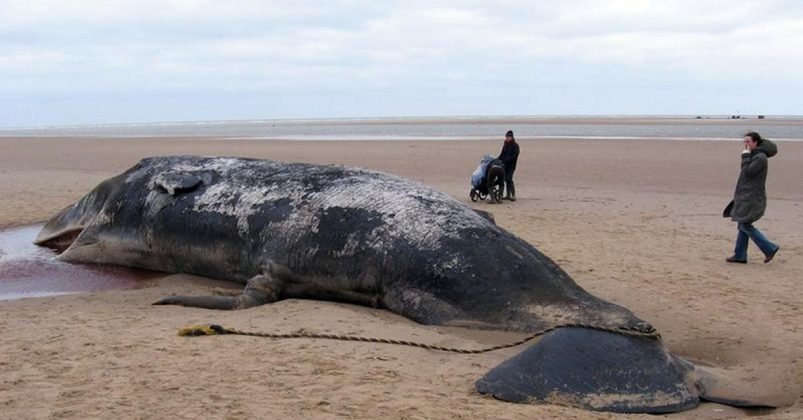Indonesians were astonished to locate a dead sperm whale washed shorewards in one of its national parks. What’s much more terrible was that the well evolved creature had 13 pounds of plastic waste in its gut, as indicated by park authorities.
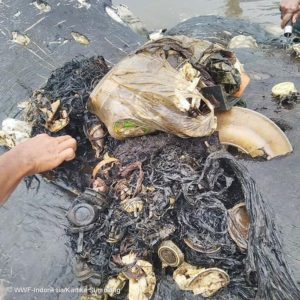
The whale, which estimated around 31 feet, was seen in the shores of the Wakatobi National Park in Kapota Island. Inside its stomach were at any rate 115 plastic drinking cups, 25 plastic packs, four plastic jugs, bits of strings and two elastic slippers.
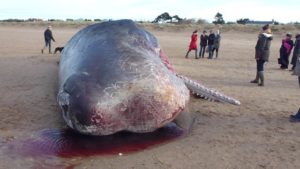
The creature was in a propelled condition of rot. Authorities state that they were not sure if the plastic was the fundamental driver of death. In any case, the condition of the sperm whale still activated tremendous worries among earthy people and creature activists from everywhere throughout the world. A dead marine creature with an excessive amount of plastic in its framework is winding up progressively normal in this day and age. In Thailand, a dead pilot whale was additionally spotted with 80 plastic packs in its belly.
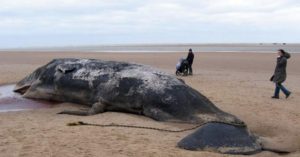
Plastic sacks are regularly utilized in Southeast Asian countries, including Indonesia, when individuals purchase nearly anything. China, Vietnam, Thailand and the Philippines are likewise obligated for somewhere in the range of 60 percent of plastic waste that winds up in the waters of the ocean, according to a 2015 report from the Ocean Conservancy. Another report from the Foresight Future of the Sea expressed that the measure of plastic in the sea may significantly increase in the following decade.
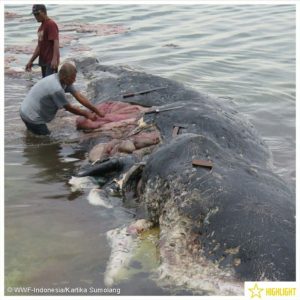
Except if people figure out how to control their litter and squanders and utilize different methods other than plastic then this issue will just get worse.Apparently, greater fishes like the sperm whales botch plastic packs as jellyfishes and go after these for sustenance. However, plastic, being non-biodegradable, can stay in the gut of the whale for quite a while since it takes 1,000 years for plastic to break down.
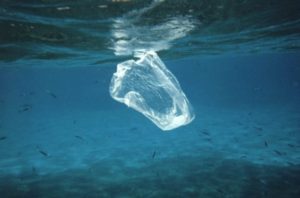
This causes problems for the animal’s digestive tract. For other creatures of the sea, the plastic can tend to suffocate and cause a slow and torturous death. Conservationists have been trying to reduce the harm these sea creatures endure from the mistakes of humans. But death or harm by plastic continues to be a cycle as countries that dump their wastes in the ocean also haven’t found better alternatives.In the previous year, Indonesian officials have convened to discuss the country’s garbage emergency. This happened after Bali, a picturesque coastal town that attracts millions of tourists every year, was wrought with stench because part of the island had a swamp filled with rubbish.
